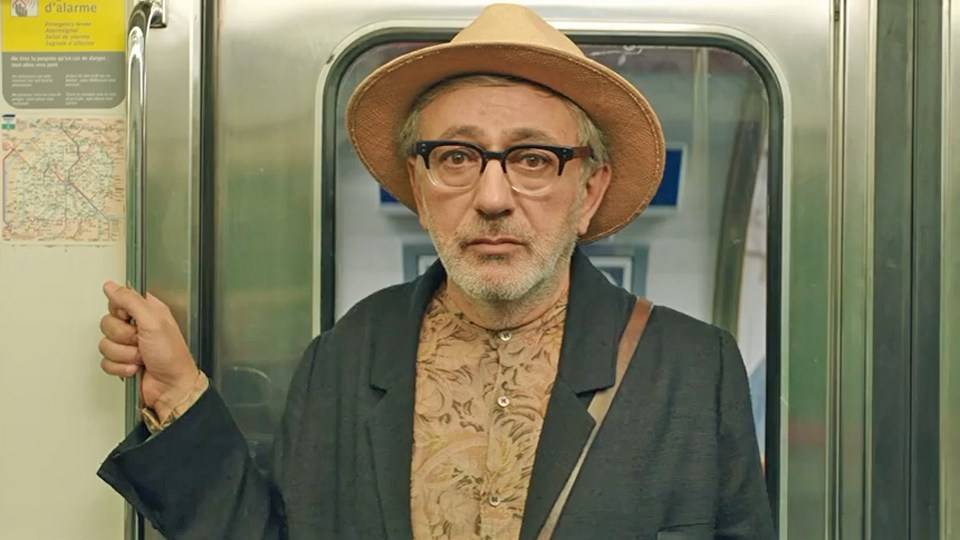Palestinian director Elia Suleiman questions issues of identity, repression, and where a person can still feel at home.
Just like in Divine Intervention (2002) and The Time that Remains (2009), film director Elia Suleiman presents a series of symmetrical and strictly choreographed tableaux in which we see a version of himself: a Palestinian film director who walks around in Nazareth, Paris, or New York. The location doesn't really matter. Everywhere he goes, he encounters uniforms and he is the silent witness of absurd or surreal scenes. In Nazareth, the neighbour steals lemons right in front of him. In Paris, the streets are empty for a military parade, in New York the police, Keystone Cops style, are chasing down an Angel who turns out to be a Palestinian activist.
Some of the vignettes are funny, others are absurd or poetic. We must be careful about comparisons with film clowns like Buster Keaton and Jacques Tati, though the similarities in style, humour, and stone face invite such comparisons. First, Suleiman is not as ingenious and second, there is a lot of himself in the film. It is not about sketches, the whole questions issues of identity, repression, and where a person can still feel at home.





Fijn dat je wil reageren. Wie reageert, gaat akkoord met onze huisregels. Hoe reageren via Disqus? Een woordje uitleg.